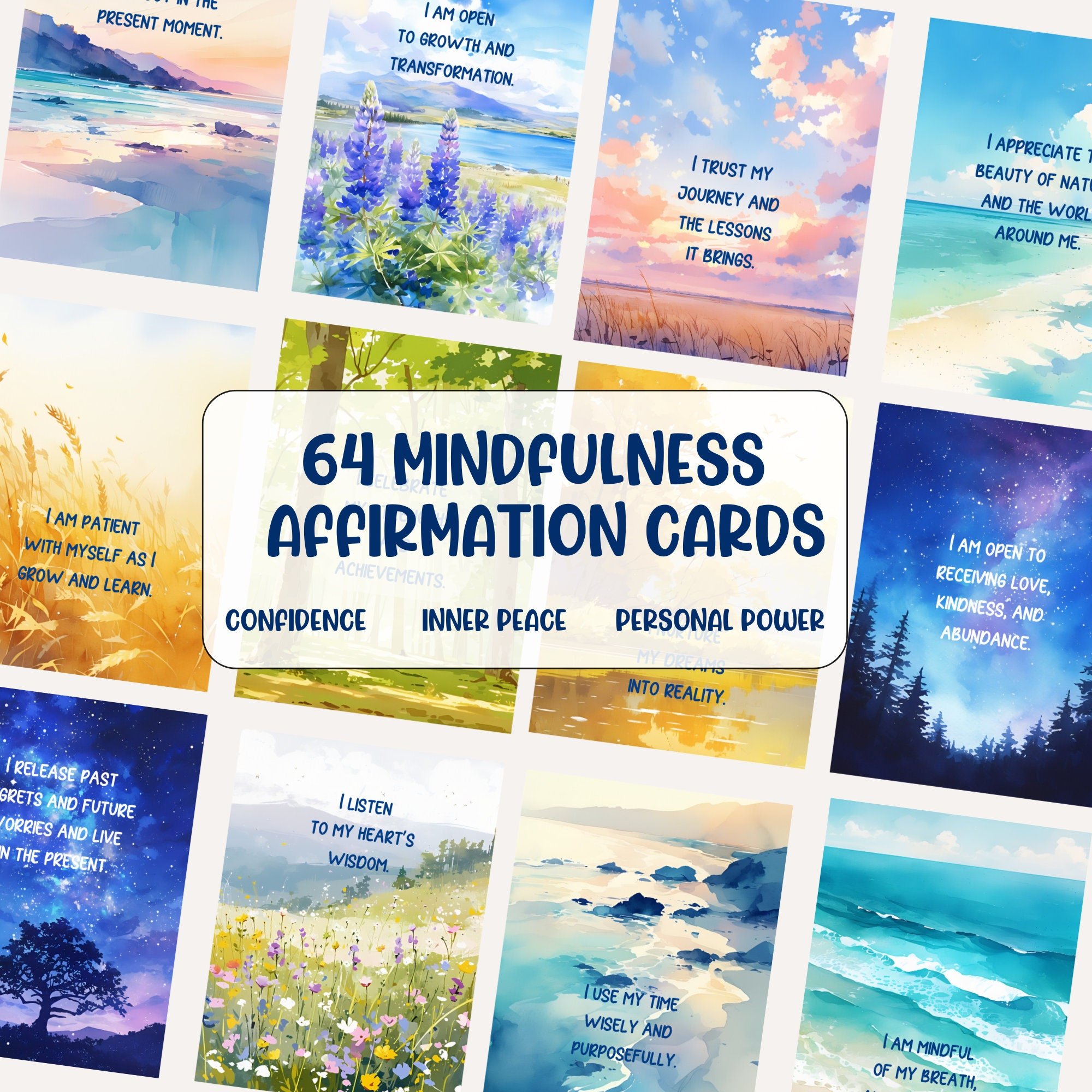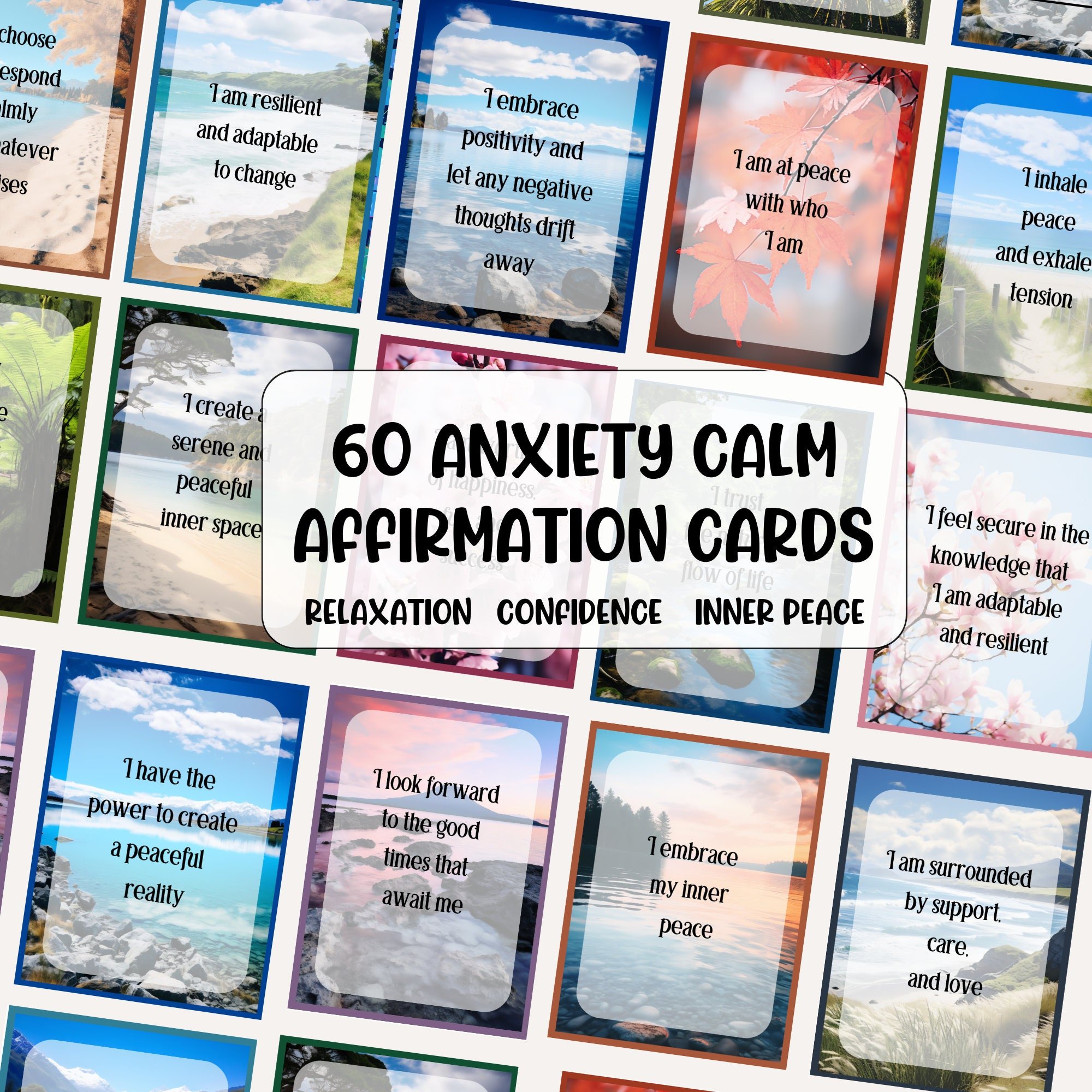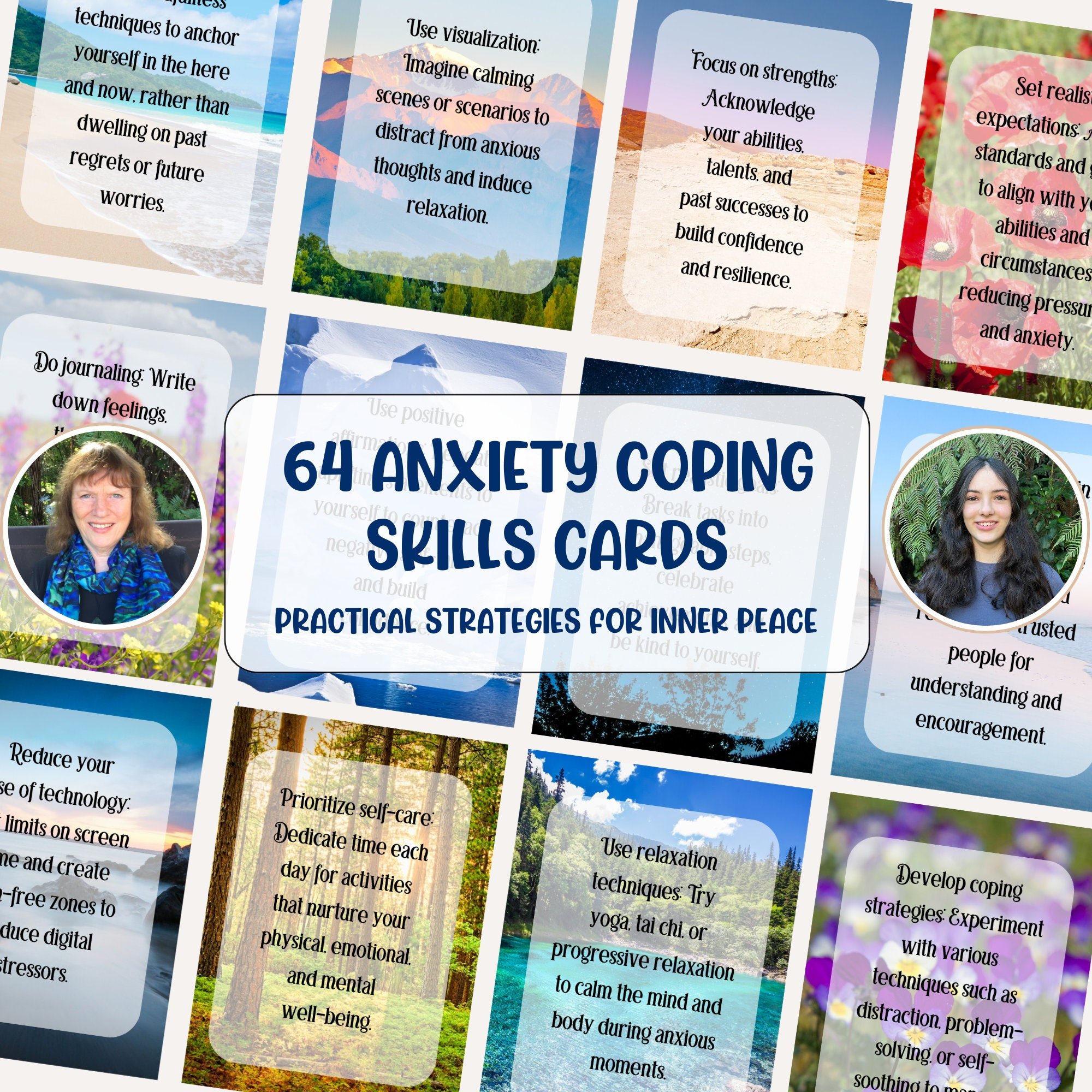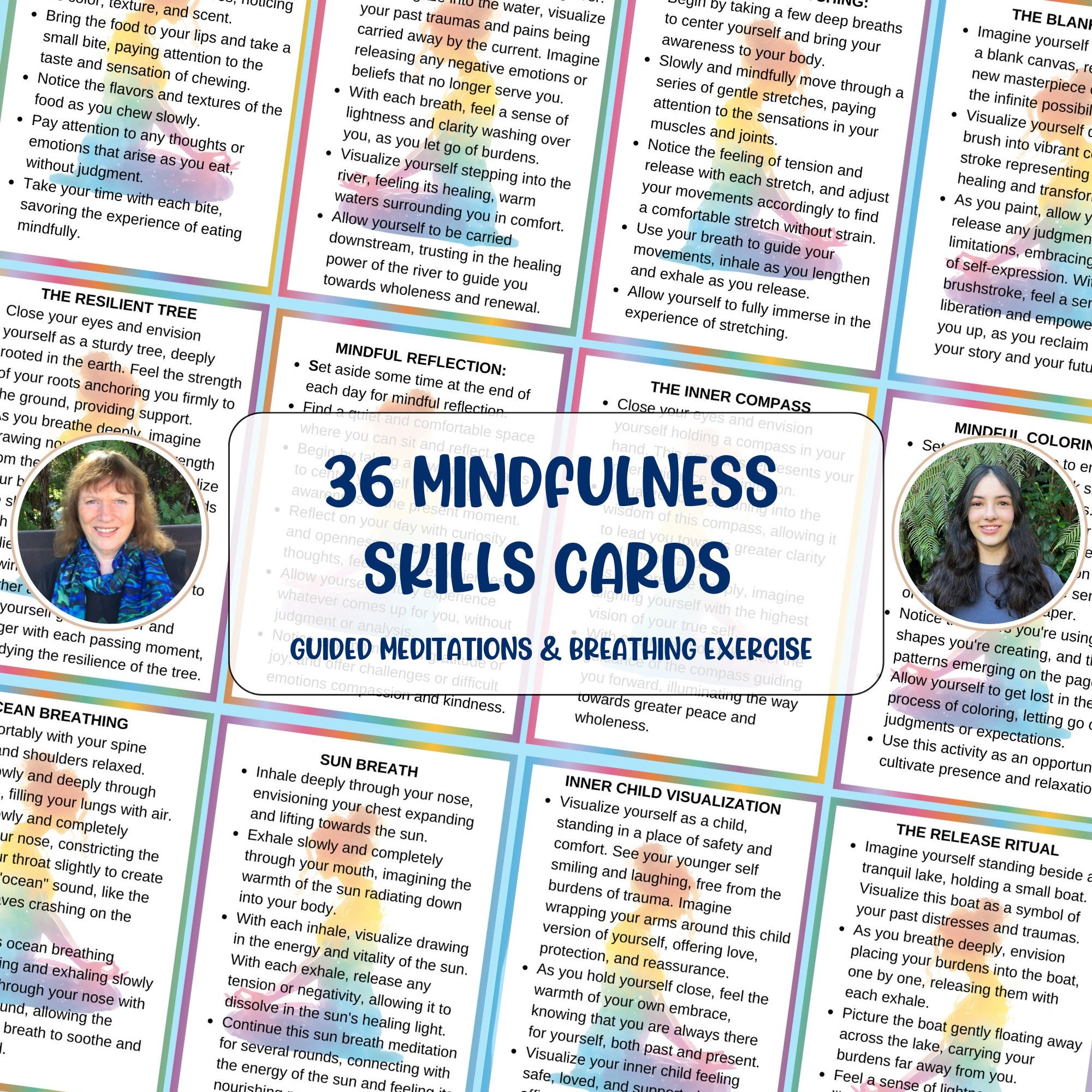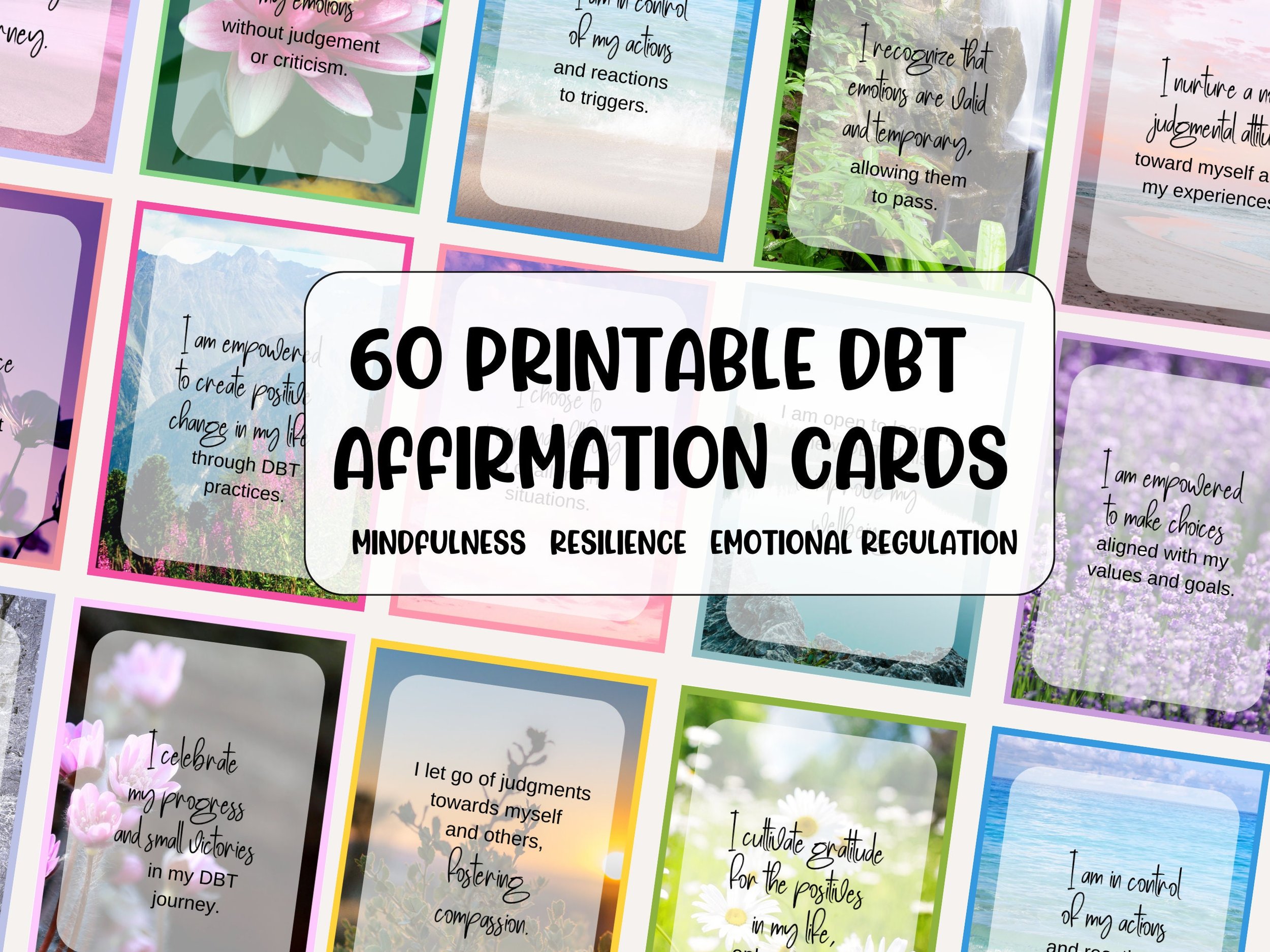Why Self-Regulation is a Game-Changer for Your Mental Health
In today’s fast-paced, often overwhelming world, one of the most valuable mental health skills you can learn is self-regulation. This ability to notice your emotions, manage your reactions, and return to a balanced state is not just “nice to have” — it’s essential for long-term well-being.
Whether you’re dealing with stress, anxiety, or emotional triggers, strong self-regulation skills can help you feel calmer, think more clearly, and respond in ways that truly support you. The good news? Self-regulation is a skill you can learn, practise, and strengthen at any age.
What Is Self-Regulation?
Self-regulation is the process of monitoring and managing your emotional, mental, and physical state — especially during times of stress. It’s the ability to pause, assess, and choose a helpful response instead of reacting impulsively.
It’s not about suppressing emotions or “being positive all the time.” In fact, healthy self-regulation allows you to experience emotions fully and move through them without becoming stuck or overwhelmed.
Some examples of self-regulation techniques include:
Breathing exercises to slow your heart rate and calm your nervous system.
Grounding techniques for anxiety to bring your attention back to the present moment.
Somatic practices like stretching or movement to release physical tension.
Mindfulness exercises to increase awareness of your thoughts and feelings.
Why Self-Regulation Matters for Mental Health
Strong self-regulation skills have benefits that go far beyond “feeling calmer.” Research shows they can:
Reduce stress and anxiety by helping your nervous system return to a state of balance.
Improve focus and clarity, making it easier to make good decisions under pressure.
Support healthy relationships by reducing conflict and increasing empathy.
Boost resilience, helping you bounce back from challenges faster.
Enhance physical health by lowering stress hormones and supporting better sleep.
When you can regulate your emotions, you spend less time in fight, flight, or freeze mode — and more time in what’s known as the “window of tolerance”, the state where your mind and body function best.
How Self-Regulation Works in the Brain and Body
When you face a stressful situation, your brain’s amygdala sends out an alarm signal. Your body releases stress hormones, and your nervous system prepares to protect you through fight, flight, or freeze.
Self-regulation strategies — like deep breathing, grounding, or gentle movement — activate the parasympathetic nervous system, which works like a built-in brake. This “rest and digest” mode slows your heart rate, lowers blood pressure, and lets your body know it’s safe to relax.
The more you practise, the quicker your brain learns to switch from stress mode to calm mode. Over time, your baseline level of stress can decrease, and your ability to handle challenges increases.
How to Build Your Self-Regulation Skills
Like a muscle, emotional regulation grows stronger with use. Here are some ways to start:
1. Practise in Calm Moments
Don’t wait until you’re overwhelmed to try a new strategy. Practising self-regulation techniques when you’re already calm makes it easier to use them during stressful moments.
2. Create a Personal Toolkit
Have a mix of stress management tools — breathing exercises, grounding techniques, somatic practices, and calming affirmations — so you can choose the right one for the situation.
3. Notice Your Triggers
Awareness is the first step to change. Keep a simple journal of situations, people, or times of day that tend to dysregulate you.
4. Involve Your Body
Your body holds tension and stress. Gentle stretches, walking, or even hand-on-heart grounding can help your nervous system regulate more quickly.
5. Be Kind to Yourself
Progress isn’t always linear. Self-compassion helps you regulate faster and builds emotional resilience over time.
Common Mistakes to Avoid
When building self-regulation skills, watch out for these common pitfalls:
Using only one strategy for every situation — flexibility is key.
Expecting instant results — some benefits build over time.
Neglecting daily maintenance — short, regular practices keep your nervous system resilient.
Being overly critical — self-judgment fuels more dysregulation.
Where to Go From Here
Self-regulation is one of the most life-changing skills you can develop — it helps you navigate challenges, improve relationships, and protect your mental health.
If you’d like practical, ready-to-use tools to get started, my Emotional Regulation Strategy Cards are filled with quick, effective techniques for stress relief, nervous system regulation, and emotional balance. Each card is simple, actionable, and designed to fit into real life — so you can feel calmer, more centred, and more in control.



